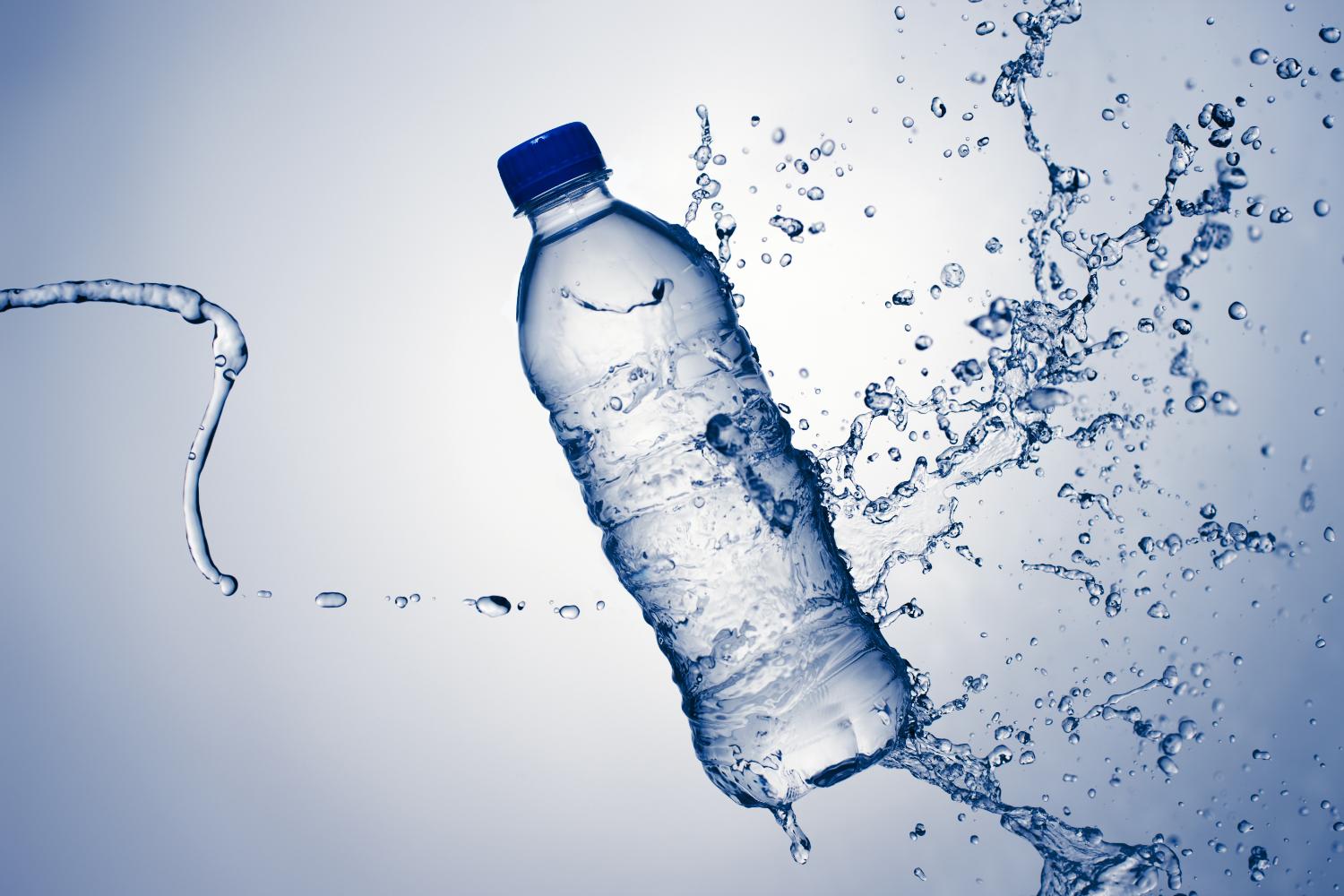Can Water Filtration Help Reduce the Risk of Cardiovascular Disease?
Water filtration is the process of using filters to remove pollutants, bacteria, and particulates from drinking water. It is a good way to ensure your family has healthy, clean water. Filters can be purchased for home use, or installed in an existing plumbing system.
(Looking for “Top Water Treatment Care“? Contact us today!)

The best water filter for you depends on your specific needs, as well as how much of the contaminants you are concerned about removing from your water supply. The water you drink, cook with, wash with, and shower with is an essential component of your health and well-being.
Filtered water can also reduce your risk of disease, including cancers and gastrointestinal illnesses such as giardia, cryptosporidium, and e-coli. Carbon water filters are designed to selectively remove toxic contaminants while retaining healthy mineral deposits that balance the pH of drinking water.
Reverse osmosis is one of the most effective methods for removing dissolved solids from tap water. It works by passing water through a semi-permeable membrane under high pressure to separate the impurities from the water. This process can also remove heavy metals like lead, copper and chromium as well as many other chemical contaminants.
However, reverse osmosis is not ideal for drinking water as it does not remove small quantities of trace minerals that are needed by the body for metabolism and ionic balance. This makes it less beneficial than other types of filtration systems which do have the ability to remove these trace elements.
It is also important to note that while a filter can remove some contaminants, it cannot determine which ones should be removed and which should stay in the water. This is because some of the chemicals may be necessary for human health and aid in the body’s immune response.
Keeping your water intake up is important for overall health, as it helps you to maintain a healthy weight and lower your blood pressure. Dehydration is linked to a range of negative effects on your body, including reduced energy, increased stress levels, and headaches.
Researchers found that adults who drank at least eight glasses of water per day were less likely to develop cardiovascular disease and other chronic diseases than those who drank less. This finding is in line with previous studies that have shown that hydrated people are healthier than non-hydrated people.
In addition to hydration, another factor that can help reduce your risk of heart disease is the right amount of sodium in your water. Research shows that people with low serum sodium levels are more likely to develop various chronic diseases.
Serum sodium is an electrolyte that plays a role in your body’s cellular function and the functioning of your muscles, lungs, kidneys and liver. Having too little sodium can lead to problems with your electrolytes, and this can increase your risk of chronic diseases such as heart failure, hypertension and strokes.
The key to reducing your risk of heart disease is to drink enough water and to control your blood pressure and avoid smoking. Water filtration can make it easier to stay hydrated and may help keep your heart healthier over the long term.

